That is the reason why, on the afternoon of November 11, the working group of the Committee for Science , Technology and Environment, led by Chairman Nguyen Thanh Hai, conducted a survey on the deterioration of the Song Lo bridge pier (Phu Tho) to serve the review and completion of the draft Law on Construction (amended), to be submitted to the National Assembly for consideration and approval at the 10th session.
“The law has reached its final stage, the review report has been submitted to the National Assembly and this content has also been discussed in groups, but at that time the Song Lo bridge pillar failure incident occurred, so the Committee for Science, Technology and Environment, with its responsibility as a review agency, felt it was necessary to go directly to the field to see the inadequacies, listen to opinions, and breathe life into the law,” Ms. Hai emphasized.
In it, she said that some urgent contents that need to be revised will be pursued to the end by the review agency, and the drafting agency will be asked to include them in the law, while other contents will wait until the time of comprehensive law revision.

The working delegation of the Committee for Science, Technology and Environment, led by Chairman Nguyen Thanh Hai, conducted a survey on the deterioration of the Lo River bridge pier (Photo: Hong Phong).
Loopholes in investment management, construction, acceptance and inspection of Song Lo bridge
At the scene, Chairman of the Committee for Science, Technology and Environment Nguyen Thanh Hai and members of the working group directly inspected and listened to local reports on the damage to the Song Lo bridge piers, especially piers T3 and T6.
From the Song Lo Bridge case, Ms. Hai identified loopholes in the chain of investment management, construction, acceptance and inspection of the project. The Chairman of the Committee for Science, Technology and Environment requested clarification that for projects with large usage functions such as the Song Lo Bridge, post-inspection should be carried out on a part-by-part basis or should the post-inspection be done after the project is completed.
“I felt very sorry when I heard the Chairman of Phu Tho province say that if that bridge cannot be used, students will have to go 30km in a detour to go to school,” Ms. Hai shared and asked the units to give their opinions on the method of post-inspection of the project.
Working with leaders of Phu Tho Provincial People's Committee after a field survey, Chairman of the Committee for Science, Technology and Environment Nguyen Thanh Hai emphasized that the policy when amending the Construction Law is to reduce pre-inspection, increase post-inspection, reduce administrative procedures and strengthen decentralization and delegation of power to localities.

Image of T3 pillar of Song Lo bridge seriously degraded (Photo: Hoai Thu).
Reporting further on the incident of the seriously degraded Song Lo bridge pier, Vice Chairman of Phu Tho Provincial People's Committee Quach Tat Liem informed that the Song Lo bridge has a total investment of 231 billion VND.
Construction of the bridge began in 2010 and was completed in 2015, with the Department of Agriculture and Rural Development as the investor. At the time of inspection in 2024, many bridge piers were deeply eroded, bored piles were exposed, concrete was broken, steel was rusted, and it was not clear whether it had been inspected and accepted by a specialized construction agency.
According to provincial leaders, when the units started to verify, the contractor of the Song Lo bridge project accepted responsibility and issued a document confirming that it would spend money to fix the problem and provide a lifetime warranty for the project.

Vice Chairman of Phu Tho Provincial People's Committee Quach Tat Liem (Photo: Hong Phong).
He also pointed out the inadequacy when in the past, the Department of Agriculture and Rural Development was both the investor and the project manager. "This is not appropriate because he has to appraise, inspect, and direct the construction, so it cannot ensure objectivity," Mr. Liem said and suggested that this content should be revised, separating the issue of State management.
Vice Chairman of the Committee for Science, Technology and Environment Tran Van Khai was interested in the locality's proposal on construction monitoring. "Currently, for bridge projects, the Construction Law does not stipulate which level is allowed to monitor. If this bridge were monitored, there would be a plan to handle it soon," Mr. Khai said, saying this is a matter that needs to be studied.
According to him, the requirement for periodic monitoring of important bridge projects should be stipulated in the Construction Law.
Regarding handling incidents in an emergency, if following the correct procedure, Mr. Khai said that it “takes a lot of time”. He recommended allowing the use of experts’ temporary conclusions as a basis for action.

Deputy Chairman of the Committee for Science, Technology and Environment Tran Van Khai (Photo: Hong Phong).
The Draft Law on Construction stipulates the transition from pre-inspection to post-inspection, but according to Mr. Khai, if the construction contractor is not competent, when an incident occurs on the project, it will be "very tiring to deal with". Therefore, it is necessary to consider mandatory inspection for large projects, while increasing sanctions and responsibilities of related entities.
"Specific sanctions are needed, not just paying to fix it"
Delegate Nguyen Ngoc Son (a full-time National Assembly delegate working at the Committee on Science, Technology and Environment) said that lessons from Phong Chau Bridge and Song Lo Bridge show that there are loopholes in investment management, construction, acceptance, and post-inspection of projects.
Article 9 of the draft law stipulates the rights, obligations and responsibilities of investors, but according to Mr. Son, it does not clearly stipulate the criteria for the capacity of investors. He suggested considering the regulation of criteria for the capacity of investors in the draft revised Law on Construction.
Currently, the individual responsibilities of organizations in the construction chain and construction quality supervision have been stipulated in the draft law, but Mr. Son is concerned that the capacity profiles of construction contractors are still mainly self-declared by enterprises. Delegates believe that there needs to be a mechanism for actual appraisal and independent assessment of contractor capacity to bind responsibilities.
“If the project is damaged, for example due to a supervisor’s fault, what will be the sanctions if violations are discovered in related stages? Currently, the contractor says he is willing to spend money to repair the Lo River Bridge, but where are the regulations that allow businesses to spend money to repair it? It’s not that if something is damaged, just spend money to fix it and it’s done,” Mr. Son raised the issue and made it clear that there needs to be specific regulations on this content.

Full-time delegate of the Committee for Science, Technology and Environment Nguyen Ngoc Son (Photo: Hong Phong).
Song Lo Bridge has not been inspected for many years and it was not until 2024, when heavy rains and floods eroded the bridge’s foot, that the authorities conducted an inspection and discovered the problem. Therefore, according to Mr. Son, the draft Law studies regulations on mandatory inspection cycles and sanctions if businesses and investors do not comply.
National Assembly delegate Vuong Duc Thang (full-time delegate at the Committee for Science, Technology and Environment) said that it is necessary to manage the capacity of investors and design units. "Investors must have enough capacity, otherwise the quality of the project will be poor," Mr. Thang also worried that the current capacity of investors is mainly self-declared.
Supporting the direction of decentralization and delegation of power, Mr. Thang noted that it is necessary to review carefully to avoid decentralization but the lower levels do not have enough capacity to do it, because if decentralization is not carefully researched, it will cause waste and inefficiency.
Early warning and periodic inspection of key projects are needed.
Chairman of Phu Tho Provincial People's Committee Tran Duy Dong emphasized that this incident should not be used as a reason to re-evaluate the viewpoint of decentralization and delegation of power to localities. This must still be a consistent orientation, associated with the responsibility of localities in implementation.
Affirming that localities can do it, Mr. Dong noted that it is necessary to assess capacity to decentralize and delegate authority in accordance with capacity.

Chairman of Phu Tho Provincial People's Committee Tran Duy Dong (Photo: Hong Phong).
Concluding the working session, Chairman of the Committee for Science, Technology and Environment Nguyen Thanh Hai said that the current situation of the Song Lo bridge piers reflects the inadequacies of current laws and is the basis for reviewing a number of regulations in the Draft Law on Construction (amended).
Accordingly, the draft Law has not clearly defined the capacity criteria of the agency assigned to be the investor for each type of specialized project. Therefore, it is necessary to supplement the regulation requiring the assignment of the investor to an agency or organization with appropriate expertise.
Ms. Hai also pointed out that the draft Law does not have a mechanism for independent assessment of contractor capacity, which can easily lead to borrowing capacity or forming virtual joint ventures, so this is also an issue that needs to be considered and supplemented.

Chairman of the Committee on Science, Technology and Environment Nguyen Thanh Hai (Photo: Hong Phong).
Notably, in this case, the authorities only intervened after the press reported it, showing a lack of mechanisms to detect, warn and handle incidents early.
Therefore, the Chairman of the Committee on Science, Technology and Environment emphasized the need to mandate early warning systems and periodic inspections of structures showing signs of deterioration. “We will make specific recommendations to the Drafting Committee to reflect these issues in the law as a basis for sub-law documents to provide specific and practical regulations,” said Ms. Hai.
The draft amended Construction Law is expected to be considered and approved by the National Assembly at its ongoing 10th session.
Source: https://dantri.com.vn/thoi-su/tru-cau-song-lo-tro-loi-kien-nghi-khan-sau-khao-sat-cua-co-quan-thuoc-qh-20251111202629972.htm


![[Photo] Prime Minister Pham Minh Chinh receives Lao Minister of Labor and Welfare Phosay Sayasone](https://vphoto.vietnam.vn/thumb/1200x675/vietnam/resource/IMAGE/2025/11/11/1762872028311_dsc-2246-jpg.webp)


![[Photo] Chu Noodles - the essence of rice and sunshine](https://vphoto.vietnam.vn/thumb/1200x675/vietnam/resource/IMAGE/2025/11/11/1762846220477_ndo_tl_7-jpg.webp)










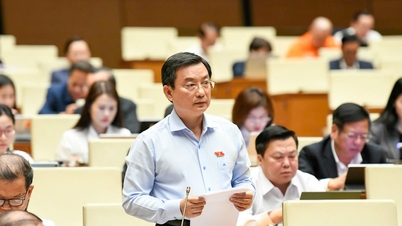

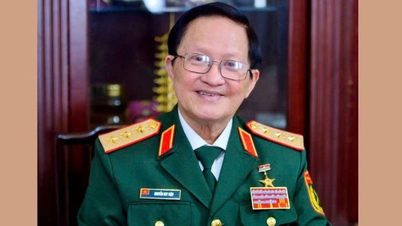

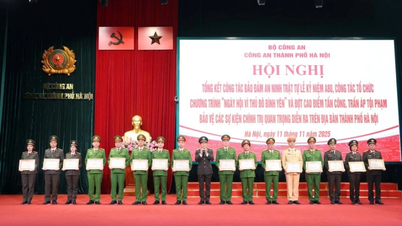
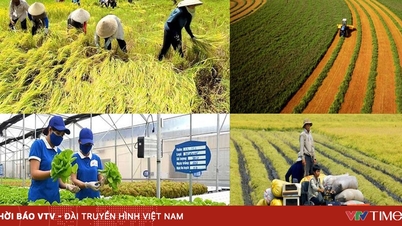










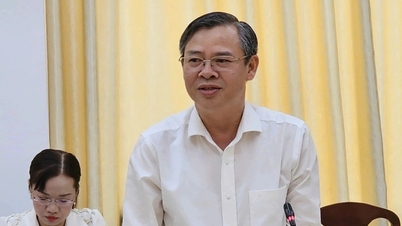
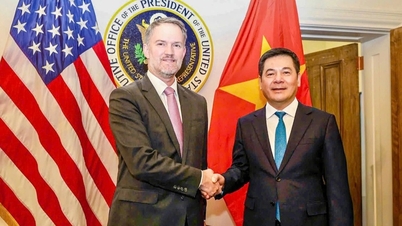




















































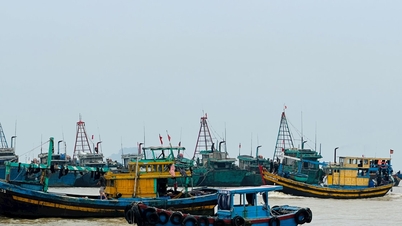

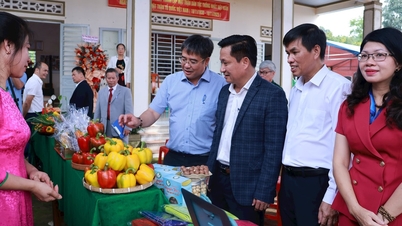
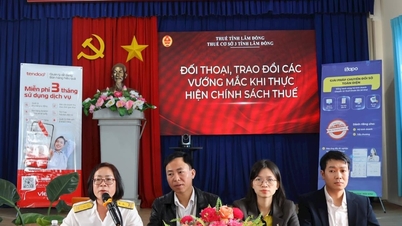









![Dong Nai OCOP transition: [Article 3] Linking tourism with OCOP product consumption](https://vphoto.vietnam.vn/thumb/402x226/vietnam/resource/IMAGE/2025/11/10/1762739199309_1324-2740-7_n-162543_981.jpeg)




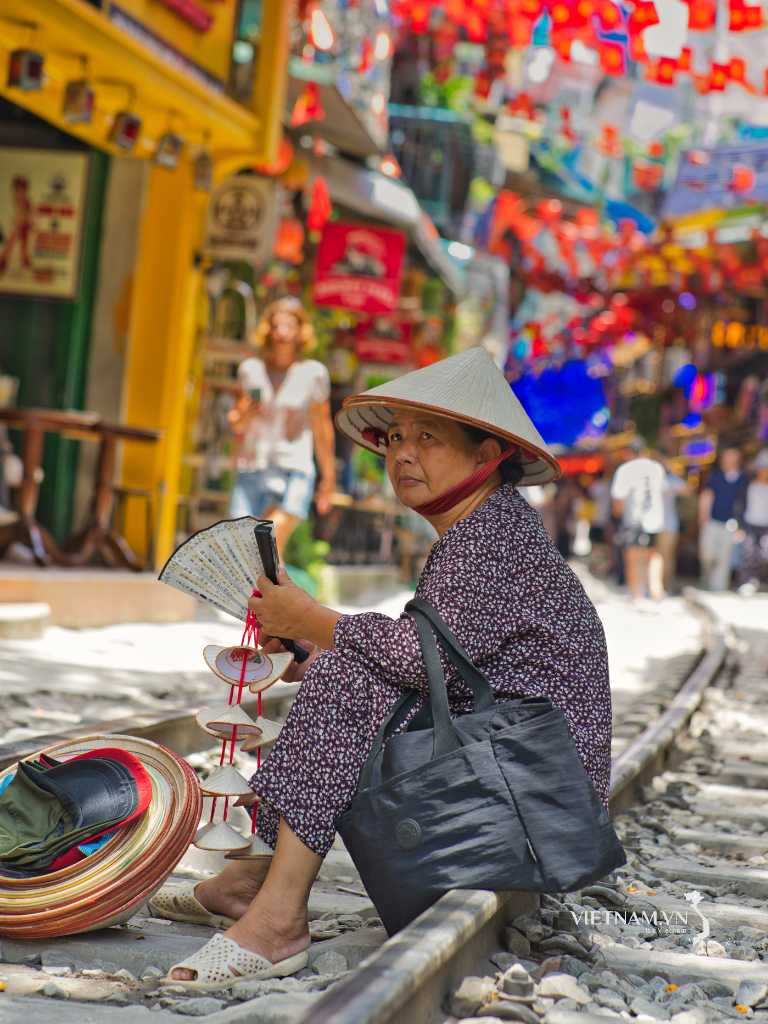



Comment (0)